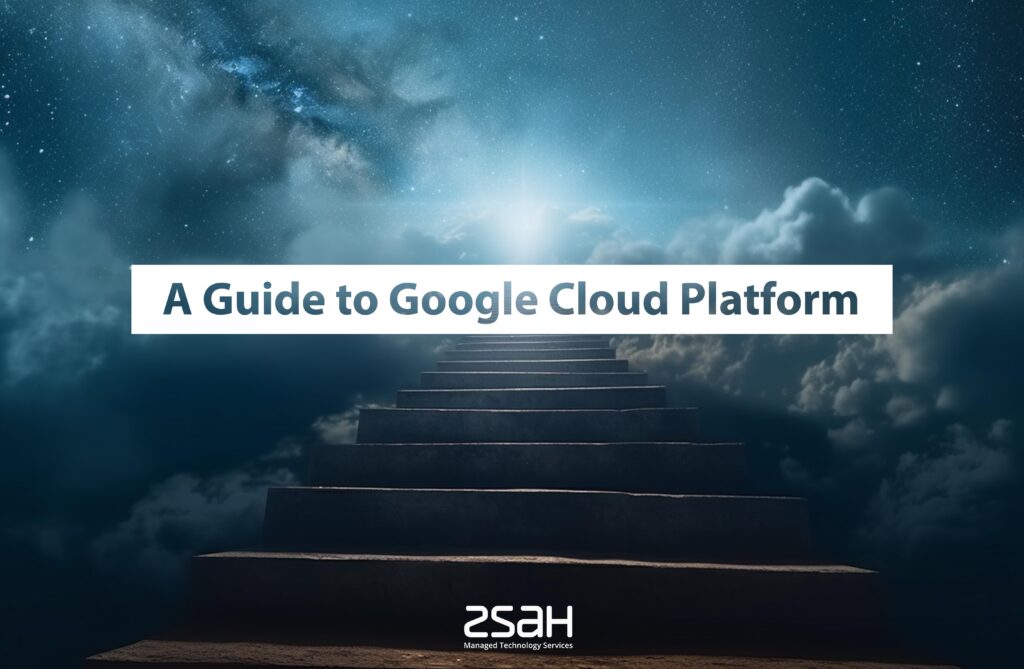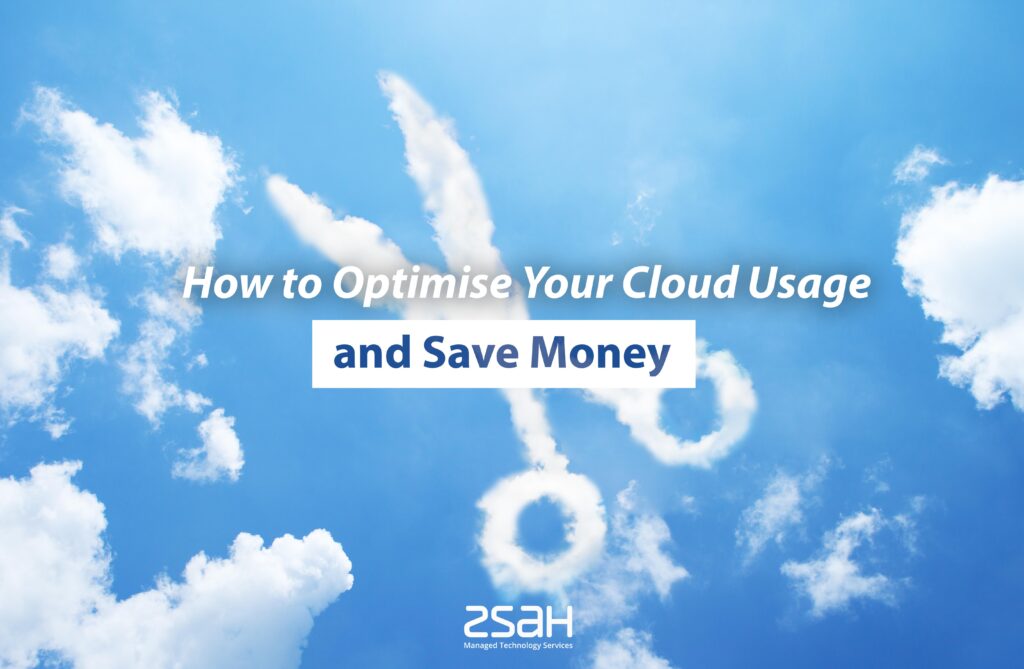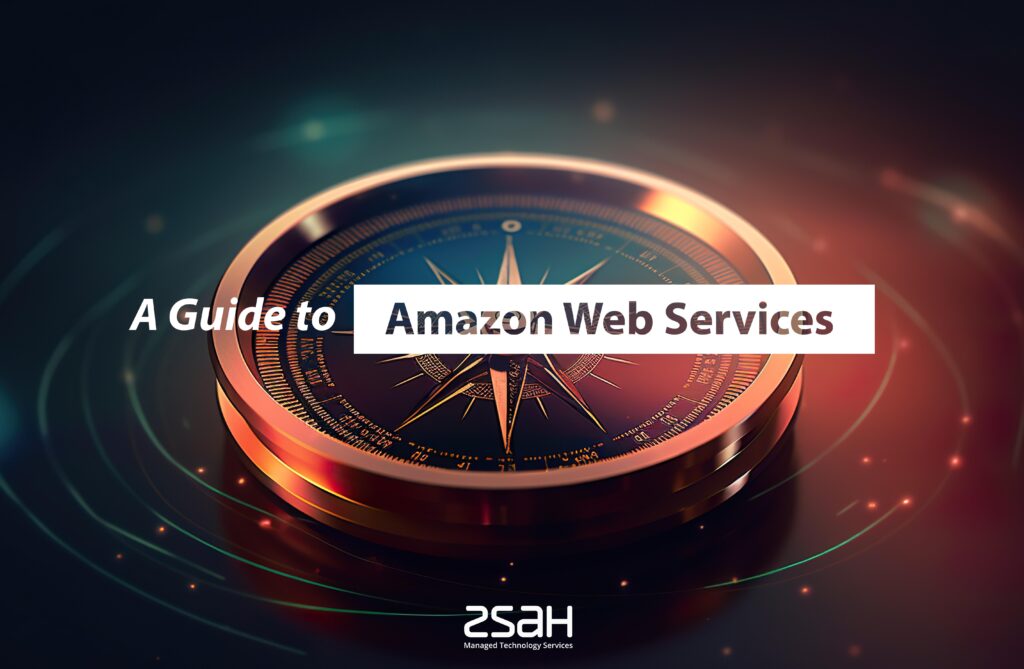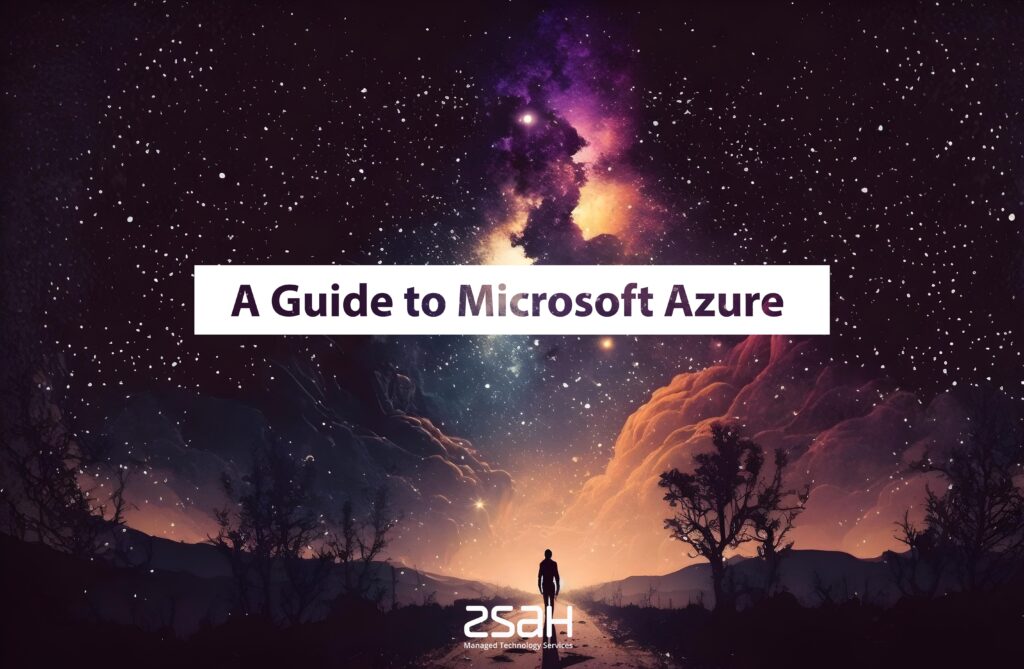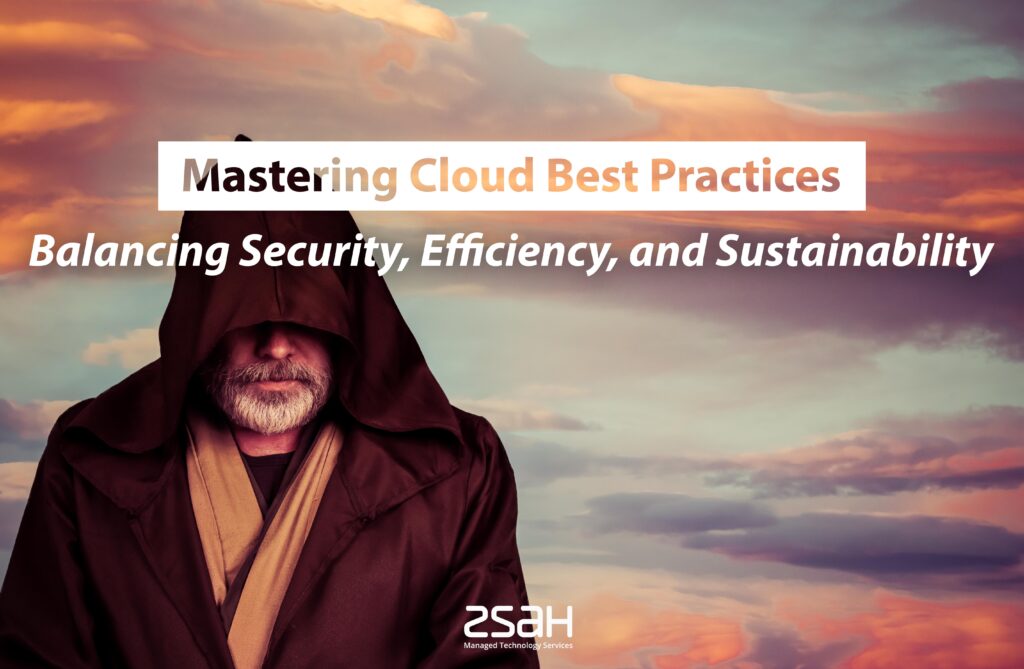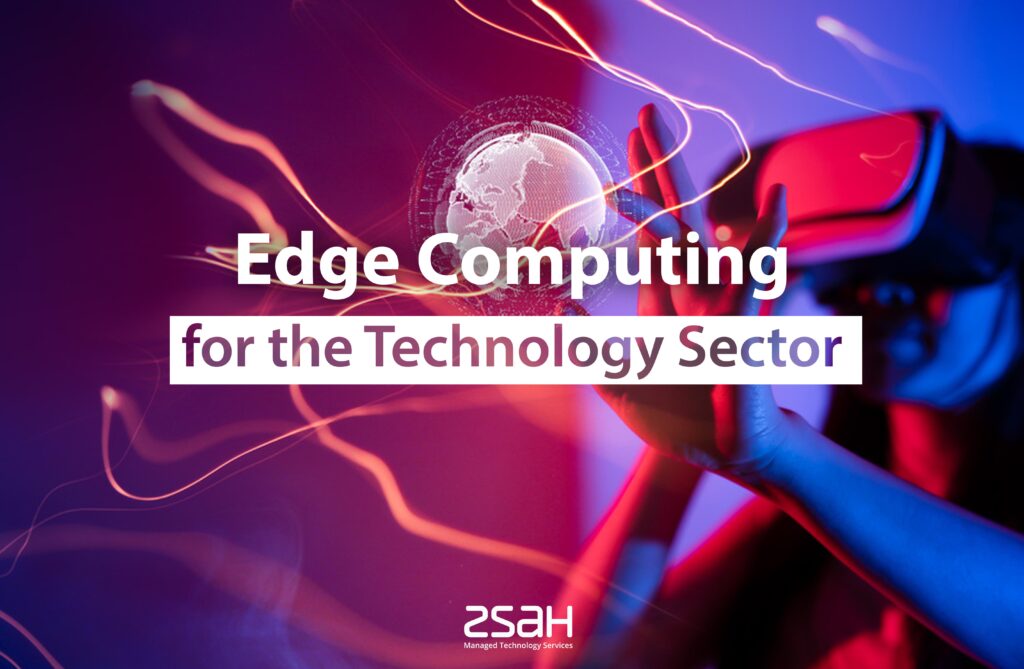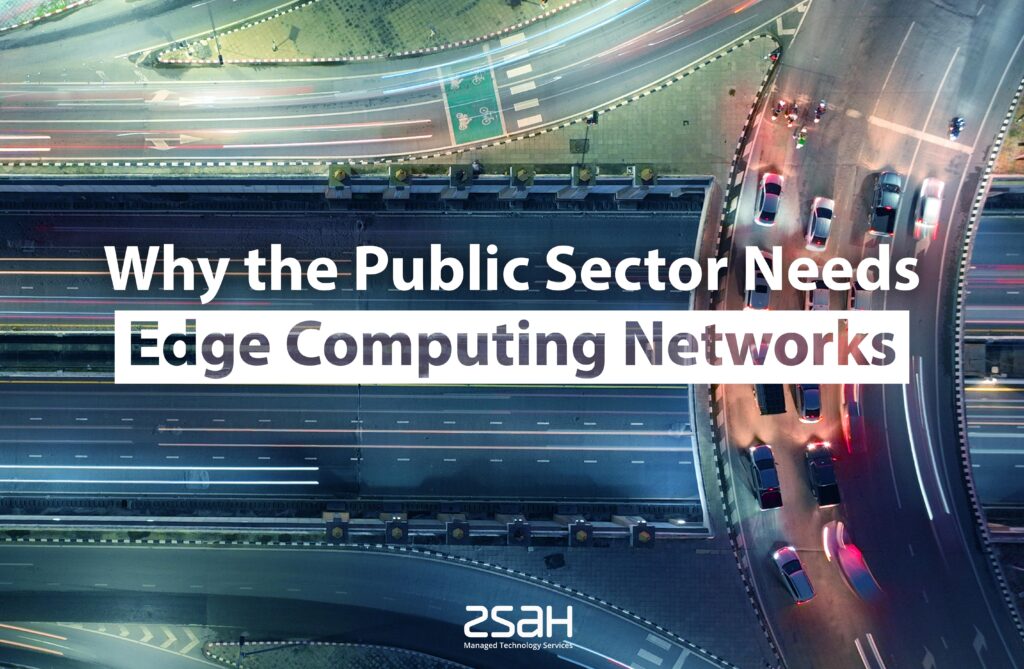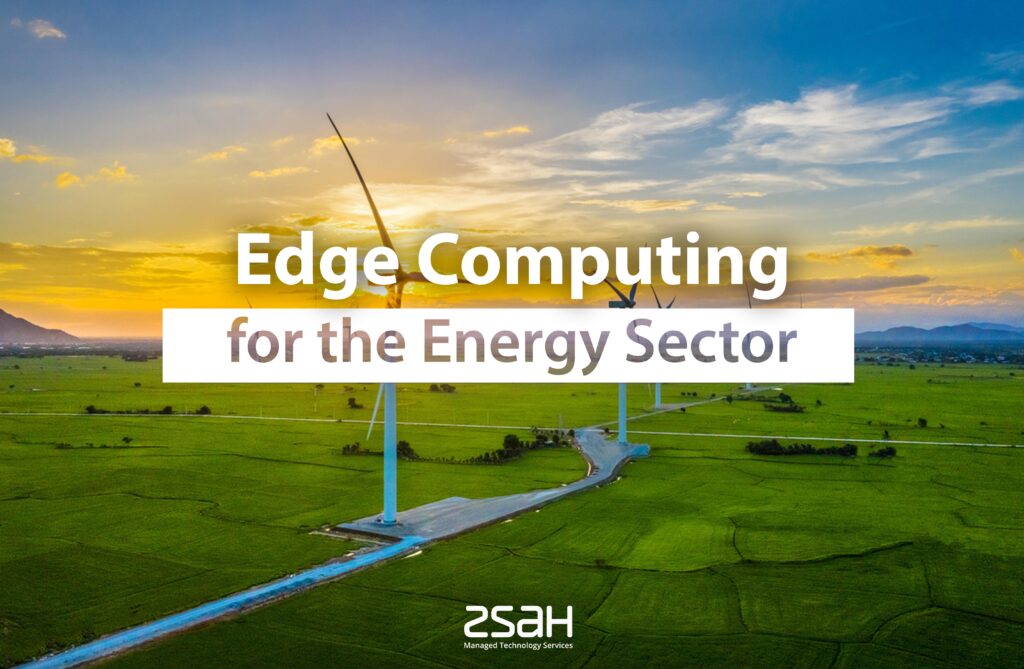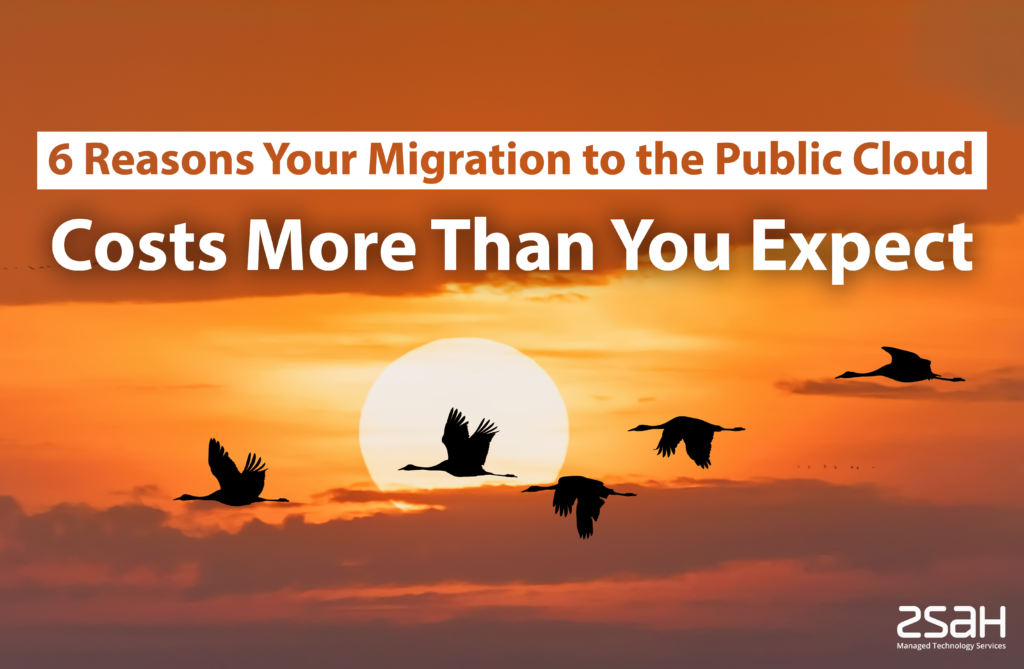Posts Tagged ‘Managed IT Services’
A Guide to Google Cloud Platform (GCP)
What Is Google Cloud Platform (GCP)? Google Cloud Platform, or GCP for short, is a suite of cloud services offered by Google, which enables users to build, deploy, and run applications on the web. To this end, GCP offers a range of options, including data storage, data processing, software development tools, and data analytics. The…
Read MoreHow to Optimise Your Cloud Usage and Save Money
Are you looking for ways to optimise your cloud usage and save money? In today’s economy, the costs of doing business are on everyone’s mind, and many enterprises are finding they have to cut back and micro-manage their resources. The cloud is an essential business resource in the modern enterprise – and it certainly isn’t…
Read MoreA Guide to Amazon Web Services
Amazon Web Services, or AWS, is a cloud computing platform developed by Amazon and launched in July 2002. It allows organisations to build, deploy, and scale web applications and services quickly and cost-effectively. AWS comprises a comprehensive suite of over 200 services such as compute, storage, networking, and databases, mobile, analytics, and artificial intelligence (AI)…
Read MoreA Guide to Microsoft Azure
Microsoft Azure is a cloud computing platform that offers various products and services for building, managing, and deploying applications on a global network. Some of its features include AI + machine learning, compute, containers, hybrid + multi-cloud, and the Internet of Things (IoT). Microsoft Azure can help businesses meet organisational goals in many ways, such…
Read MoreMastering Cloud Best Practices: Balancing Security, Efficiency, and Sustainability
More and more businesses continue to move away from traditional data centres and embrace the power of cloud computing. Indeed, according to the Flexera State of the Cloud Report 2023, 87% of organisations now embrace multi-cloud environments. (Image source: info.flexera.com This uptake means it is essential that organisations understand and implement cloud best practices. Below,…
Read MoreEdge Computing for the Technology Sector
Rather than moving information to a central cloud (whose servers may be located a considerable distance away), edge computing brings compute, storage, and analytics capabilities closer to the devices and locations where data is generated. This approach reduces network latency (the round trip that data must take between its point of origin and destination of…
Read MoreWhy the Public Sector Needs Edge Computing Networks
Edge computing networks are increasingly essential to public sector operations. By optimising data generated from public sector activities and interactions
Read MoreEdge Computing for the Energy Sector
Why the Energy Sector Needs Edge Computing Networks As with other industries, organisations in the energy sector require access to powerful and versatile technology tools and platforms, to operate effectively in what is now a largely digital economy. For many businesses, the comparatively recent emergence of cloud computing and the “as a Service” sector has…
Read MoreEdge Computing for the Aviation Sector
Why the Aviation Sector Needs Edge Computing Solutions In contrast to conventional cloud computing approaches, which rely on relays of information to and from remote data centres and processing infrastructure, edge computing or edge cloud uses localised networks to bring data storage and processing closer to the devices and applications that are generating the information. …
Read More6 Reasons Public Cloud Costs More Than You Expect
Public cloud costs can be a difficult thing for companies to manage. Often, companies migrating from on-premise solutions to public cloud services experience an unexpected rise in monthly costs. For example, HelpSystems experienced an increase of 300 percent in monthly recurrent expenditure when they recently migrated from an on-premise solution to cloud-based infrastructure (more on…
Read More

